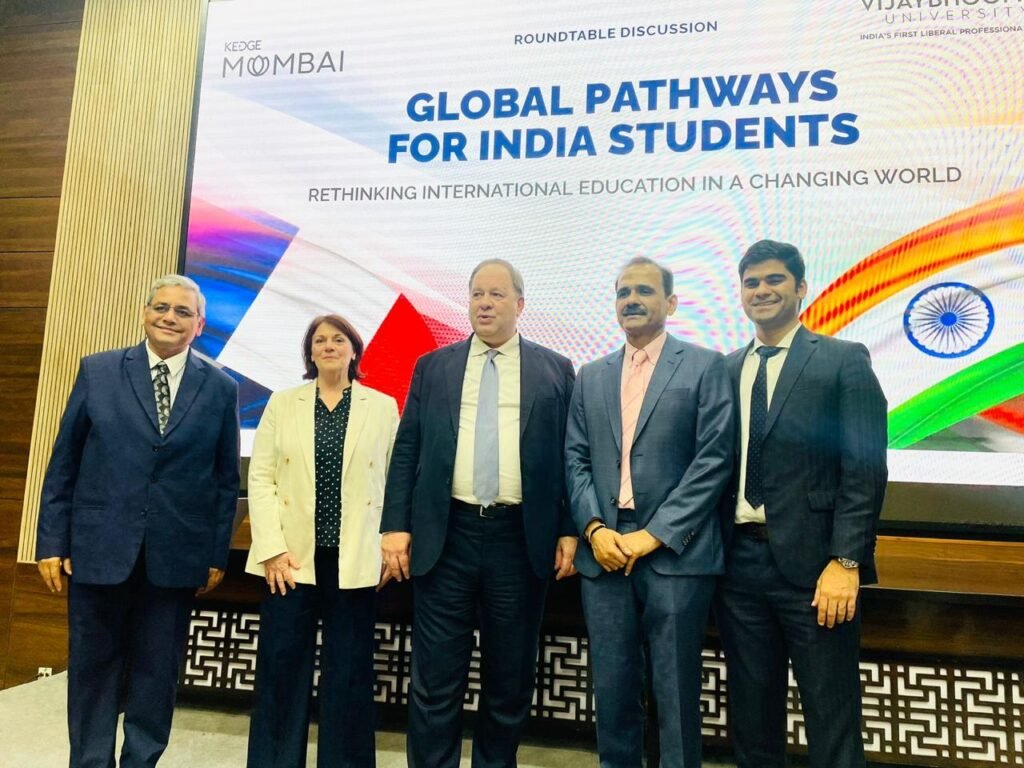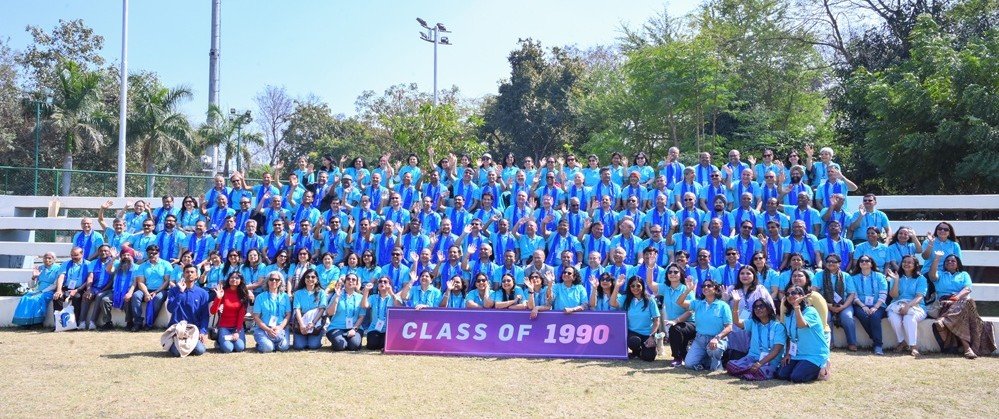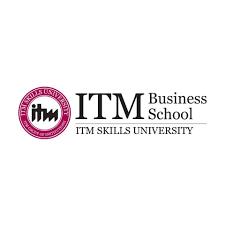Moscow hosted the 2nd International Ecological School on Ecology. Several dozen environmental specialists from 11 countries came together to exchange advanced solutions and best practices in the field of nature management and environmental protection.
During the educational program, the School participants considered current environmental issues not only in theory but also in practice: climate change and the role of anthropogenic emissions, methods of monitoring environmental quality, waste recycling and wastewater treatment technologies, and the history of environmental legislation. The best practices and integrated approach of the Rosatom State Corporation to the implementation of projects in the areas of hazardous industrial waste management and the elimination of accumulated environmental damage sites were told to the School participants by industry experts from FSUE FEO and JSC Rusatom Greenway.
“In environmental matters, it is important to be able to combine theory and practice. Rational waste management, reducing industrial load on the environment, climate agenda – topics that are relevant all over the world. I hope that the approaches and skills applied in Russia in these areas will be useful to participants in solving environmental problems in their countries,” said Maxim Pogodin, General Director of FSUE “FEO.” During the technical tour at the Krasny Bor landfill, where we implement measures to eliminate the accumulated negative environmental “legacy,” the participants were able to see with their own eyes the scale of the consequences that can lead to an irresponsible attitude towards the environment, and to evaluate the uniqueness of the technologies that allow this harm to be eliminated.”
The technical tour to the industrial waste landfill “Krasny Bor” in the Leningrad Region became the culminating part of the environmental school. During the technical tour, the device of the anti-filtration echelon curtain along the perimeter of the landfill, the process of creating a reclamation screen, as well as the innovative technological infrastructure for the disposal of waste accumulated at the landfill were demonstrated.
“Environmental protection is a global challenge that knows no borders,” emphasized Stepan Kalmykov, scientific director of the Chemistry Department of Moscow State University and vice president of the Russian Academy of Sciences. “There are objects of accumulated environmental damage in every country, and every country must train specialists in the comprehensive solution of environmental problems. That is why it is so important for us that such International Environmental Schools continue. By disseminating environmental knowledge and training new generations of professionals, we are thereby creating an international community that can jointly cope with existing environmental problems and prevent new ones.”
“The school helps to convey information to colleagues from other countries about how environmental protection measures are implemented in Russia, allows for the exchange of best practices in the field of ecology and facilitates the entry of Rosatom products and competencies into new markets,” noted Lyudmila Plyushch, Head of the Project Office for the Implementation of International Projects at FSUE FEO.
At the closing ceremony of the II International Ecological School, the results of the intensive educational program were summed up. Participants shared their impressions.



